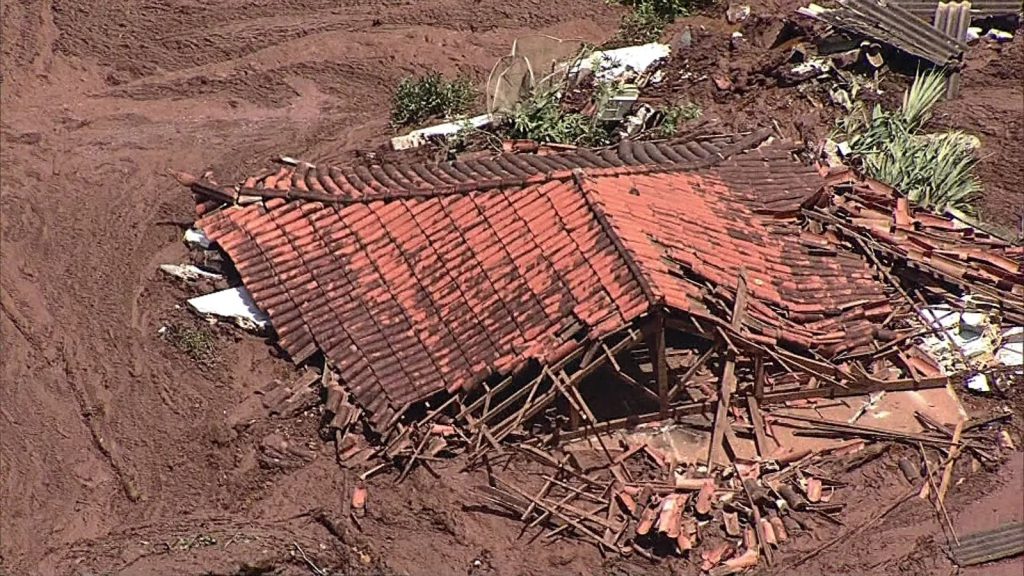
The Church of England has dumped Vale SA, and it doesn’t look like the Brazilian miner will make it back into the good books any time soon.
The church sold its shares in Vale after a tailings dam collapse in January killed at least 249 people in the Brazilian town of Brumadinho. It has also blocked investments in the miner through an ethical exclusion process, according to Adam Matthews, director of ethics and engagement at the church’s pension board.
There’s a “long way to go” before the church is ready to backtrack, he said by phone before the Financial Times Commodities Americas Summit in Rio de Janeiro, where he is scheduled to speak.
“We obviously need to see the outcome of various investigations,” Matthews said. “We also need to further understand that the company has done all it possibly can to ensure the community locally has been supported and compensated — to the extent that’s even possible — and then at that point we will make a judgment but I think that’s quite some way off.”
The Church of England has been at the forefront of a divestment movement targeting companies failing to meet environmental rules and tackle climate change
The Church of England has been at the forefront of a divestment movement targeting companies failing to meet environmental rules and tackle climate change. While its total holdings in Vale were less than 10 million pounds ($12.5 million), the move highlights how investors are flexing their muscles to pressure companies to adhere to environmental standards.
The collapse at the Feijao mine was Vale’s second fatal disaster since 2015. That year, a Samarco Mineracao SA mine co-owned by Vale spewed billions of gallons of waste in Mariana, in what was largely considered Brazil’s worst environmental disaster ever. Iron ore producer Samarco, a joint venture between Vale and BHP Group, is currently awaiting an environmental permit to resume operations.
The Church of England wrote to Vale and more than 700 other companies requesting details on all their tailings dam operations and asking for full disclosure of their responses as part of its Investor Mining & Tailings Safety Initiative. Representatives of the church will also meet Vale in a few weeks in London at the company’s request to discuss the issue, Matthews said.
“Tailings management isn’t just an issue related to Vale, although obviously we now have two disasters connected to that company specifically,” he said. “It’s a global issue that has implications across multiple jurisdictions and we are looking at how you can fix that issue across the whole of mining.”
Vales has faced increased government oversight following the two disasters. Upstream dams have to be taken out of service or drained of mining waste by 2027, the National Mining Agency said last month. The producer said it would invest 11 billion reais ($2.6 billion) in the next five years on a dry method for processing iron ore that eliminates the need for riskier wet waste storage dams.
Investors and business forces are aligning on climate change in ways that will reshape energy and mining for years to come. The Church of England played a major role in pressuring Royal Dutch Shell Plc to cut carbon in its portfolio and increasing pressure on firms to disclose more about their lobbying.
“We do feel that disinvestment has a role, but we don’t believe in just disinvestment from the whole sector and walking away,” Matthews said. “We haven’t walked away from the oil and gas sector, we haven’t walked away from the mining sector. We do think there’s the potential for companies in those sectors to transition.”
But when it’s clear that some companies don’t have a way forward, the church is willing to use disinvestment on both financial and ethical grounds, he said.
(By Isis Almeida and Sabrina Valle)
Comments